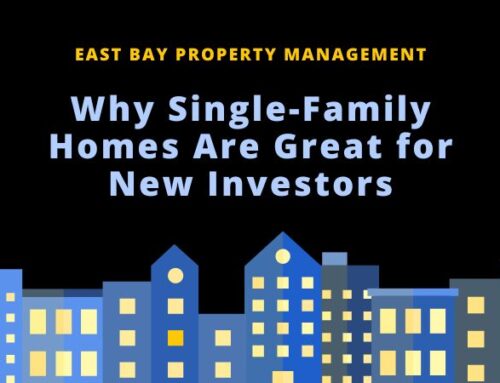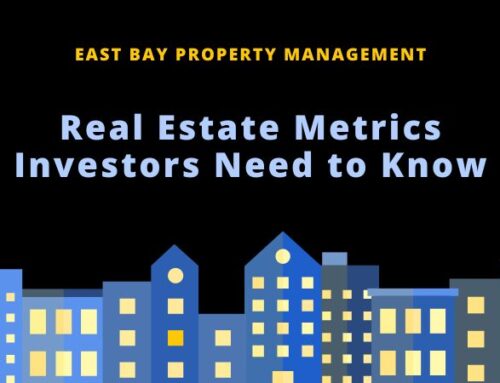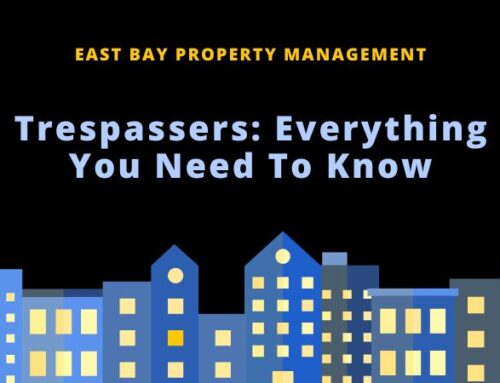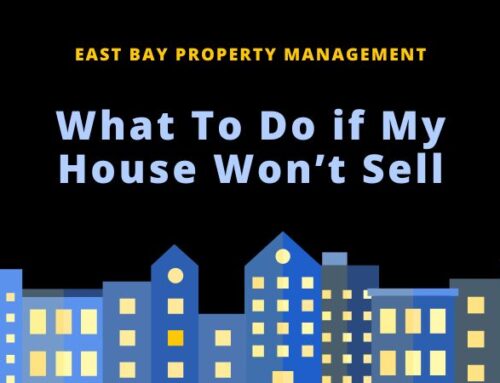One of the most important steps for a landlord to take is establishing a lease agreement. This agreement lists the clauses and policies regarding resident tenancy. It acts as a guide for your tenants and prevents future conflicts between you, the landlord, and them. If you own a home-turned-rental, learning what to include in a lease is required.
At East Bay Property Management and Consulting, we have seen lease agreement templates and examples sourced through the Apartment Owners Association and the California Association of Realtors, as well as downloaded from the internet. However, while they do cover the basic elements of an agreement, there may be more you should add to clearly set specific policies. The typical basics included are the rental price, payment due dates and the lease term period. There are some additional essentials to consider when creating a lease agreement for your rental property that efficiently highlight tenancy rules.
The following are 6 essentials to include in your lease agreement:
Easy to Read
You want to make sure your lease is easy to read. We at East Bay Property Management and Consulting break down our lease agreements into 44 easy-to-read sections. We require each section to be initialed by any tenant over the age of 18 who’s moving in. This way, we know they’ve read the lease, eliminating any communication problems down the road.
Repairs
As a landlord, you want to be clear on landlord and tenant responsibilities when it comes to property repairs. Section 8 of East Bay Property Management and Consulting’s lease agreement outlines what the owner covers in terms of maintenance repairs, such as a blown-down fence, a broken appliance or a leaking water heater. Moreover, the section lists everything the tenant is responsible for. These include pest control, toilet clogs and batteries in the smoke detector, for example.
Annual Home Inspection
In your lease agreement, make sure to include property inspections that you or your property manager will conduct annually. Section 5.4 of the California Tenant Code states that a landlord or property manager can enter a tenant’s residence for emergencies or repairs. Additionally, a landlord can enter the premise to perform a property showing for a potential renter or buyer within the last 30-days of the lease.

When it comes to a home inspection, it must be written into the lease. The home inspection is crucial, as you or the property manager is entering the home to check for any deferred maintenance, make sure the smoke and carbon monoxide alarms are functional, change the furnace filter and find whether a tenant has snuck in a pet or roommate.
Renter’s Insurance
East Bay Property Management and Consulting determines that no tenant can move into any one of our clients’ rental properties without proof of renter’s insurance. Renter’s insurance is for the benefit of the tenant, as well as the owner. There are three parts to a tenant’s insurance. Typically, renter’s insurance for a family of four costs between 30-40 dollars a month.
The three parts cover the following, respectively:
- Tenant belongings, if they’re stolen.
- If they experience injury related to a slip and fall in the home, for example.
- Liability associated with causing an incident in the home, such as starting a fire in the kitchen or flood in the bathroom.
With East Bay Property Management and Consulting, tenants moving into your property are required to have a 100,000-dollar minimum liability policy that covers the kind of accident related to a fire or flood. That way, if one does occur, it goes through the tenant’s insurance company and not yours. Otherwise, your rates go up.
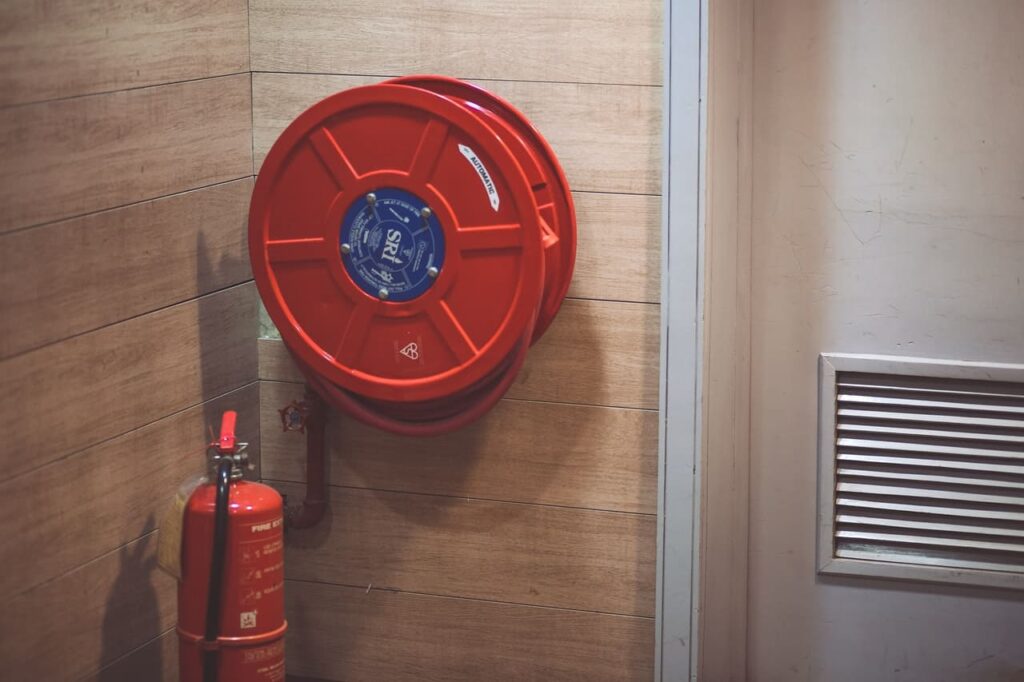
Additionally, in the lease, below the renter’s insurance clause, make sure to include a separate clause stating, “Unless prohibited by law, Resident waives any insurance subrogation rights or claims against Landlord, Owner and their insurers.” This clause simply states that if there is a claim that needs to be made to the tenant’s insurance company, you have protection against being sued.
Lease Renewal
All tenants under clients of East Bay Property Management and Consulting are on a one-year lease. At the end of the ten-month tenancy mark, our team sends the tenant a notice to inform them of their last 60 days of the lease and encourage them to renew. The notice also explains that if the tenant isn’t going to renew the lease, they must notify the landlord within the next 30 days. Within this notice, it’s also acceptable to inform tenants of a rent increase if one is necessary.
Sometimes a tenant decides that they want to vacate but hasn’t signed the renewal notice within the 30-day period. In this case, it’s important to have a certain clause in the lease agreement, stating, “If we do not receive the lease renewal nor do we receive a 30-day notice to vacate, your lease will expire and you will automatically revert to month-to-month. Your rent will then automatically increase by 10% per month.”

This clause gives you peace of mind and security. If the lease becomes month-to-month, you have a little more financial cushion before the property is vacated. This can also come as an advantage to tenants who seek a flexible lease because they may be planning a future move or looking to buy a home.
Addendums
It’s important to have the proper addendums in your lease. In our leases, East Bay Property Management and Consulting includes the following:
- Information on bedbugs addendum (required as of January 1st, 2018)
- Mold addendum
- Lead paint addendum, for homes built prior to 1978.
- Damage vs. wear and tear addendum
- Renter’s insurance addendum
Bottom Line
On our East Bay Property Management and Consulting website, we have a lease, as well as addendums, available for download and use. Visit the ‘Owner Resources’ menu tab on our homepage to take a look. Having a clear and specific lease agreement prevents future landlord-tenant conflicts. It also allows you to have a less stressful experience as a landlord. If you have any inquiries regarding property management, contact us today!

